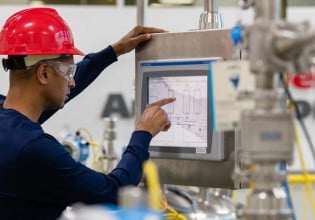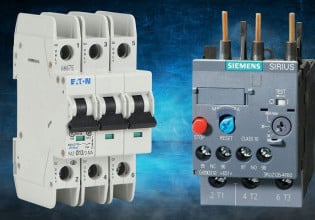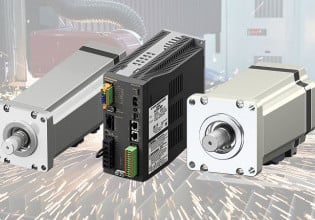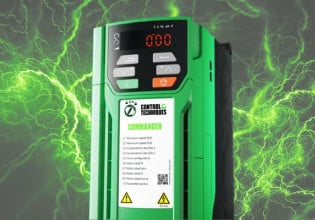M
Dear All;
I have 6 ABB thermocouple transmitters HT02 fixed in the HRSG (Heat Recovery Steam Generation) to measure Main chimney exhaust temperature. the problem now is that the transmitters sometimes give a correct reading and sometimes give bad reading. i checked all wiring it is ok, no lose. i simulate mA from local side, the cable ok and reading changing in DCS side. i need to ask what is the cause of this problem and How to solve it? and also if transmitter problem it is possible to read and sometimes not read?
Thanks all
I have 6 ABB thermocouple transmitters HT02 fixed in the HRSG (Heat Recovery Steam Generation) to measure Main chimney exhaust temperature. the problem now is that the transmitters sometimes give a correct reading and sometimes give bad reading. i checked all wiring it is ok, no lose. i simulate mA from local side, the cable ok and reading changing in DCS side. i need to ask what is the cause of this problem and How to solve it? and also if transmitter problem it is possible to read and sometimes not read?
Thanks all






